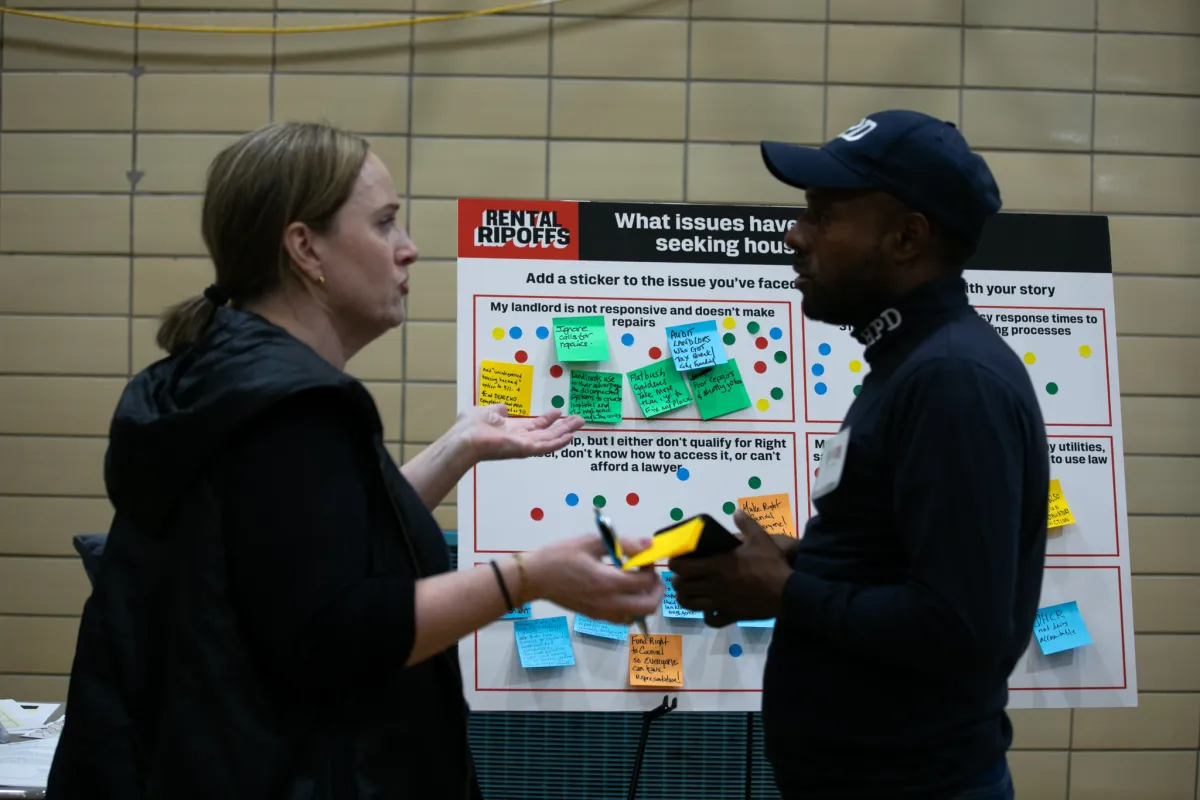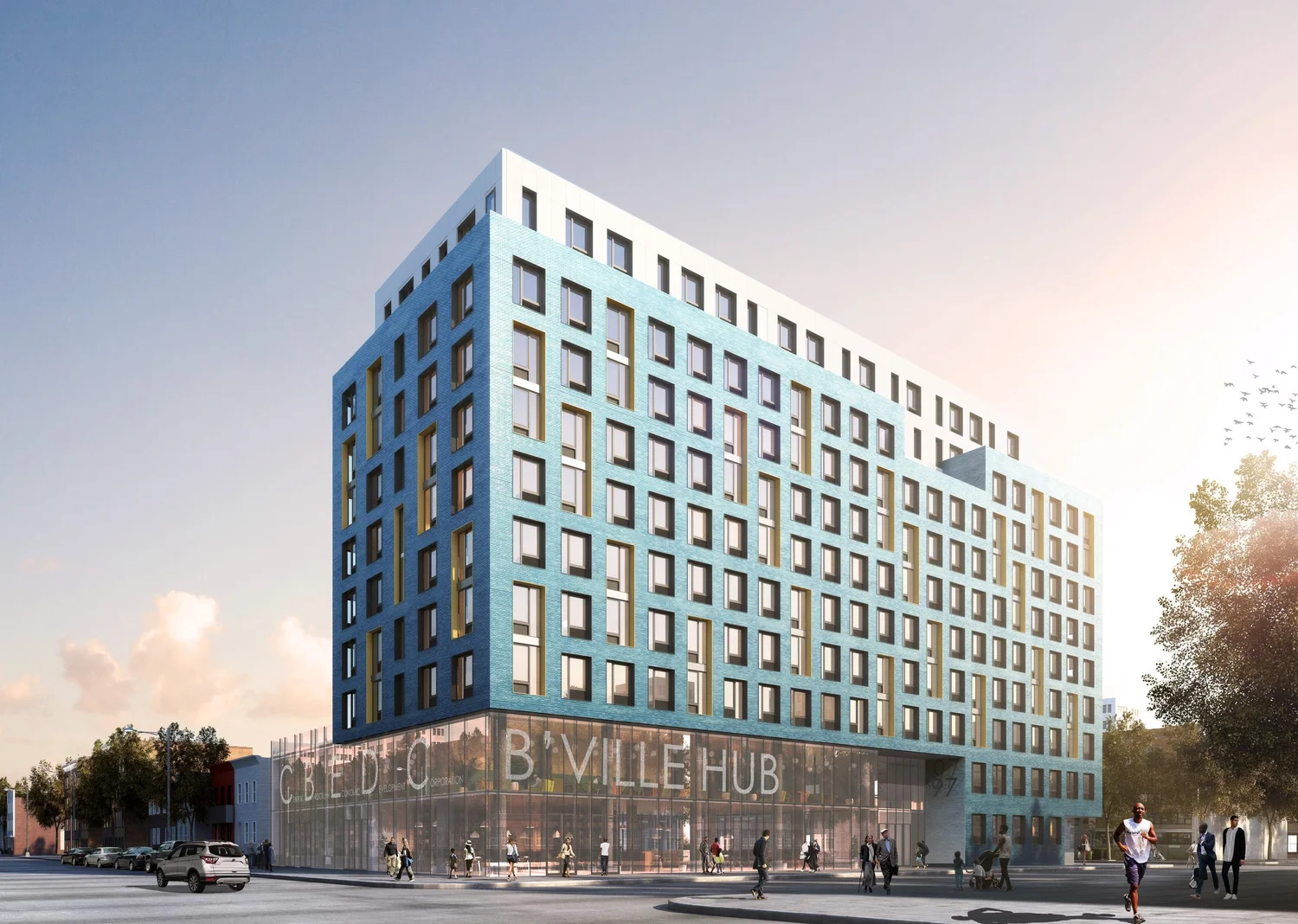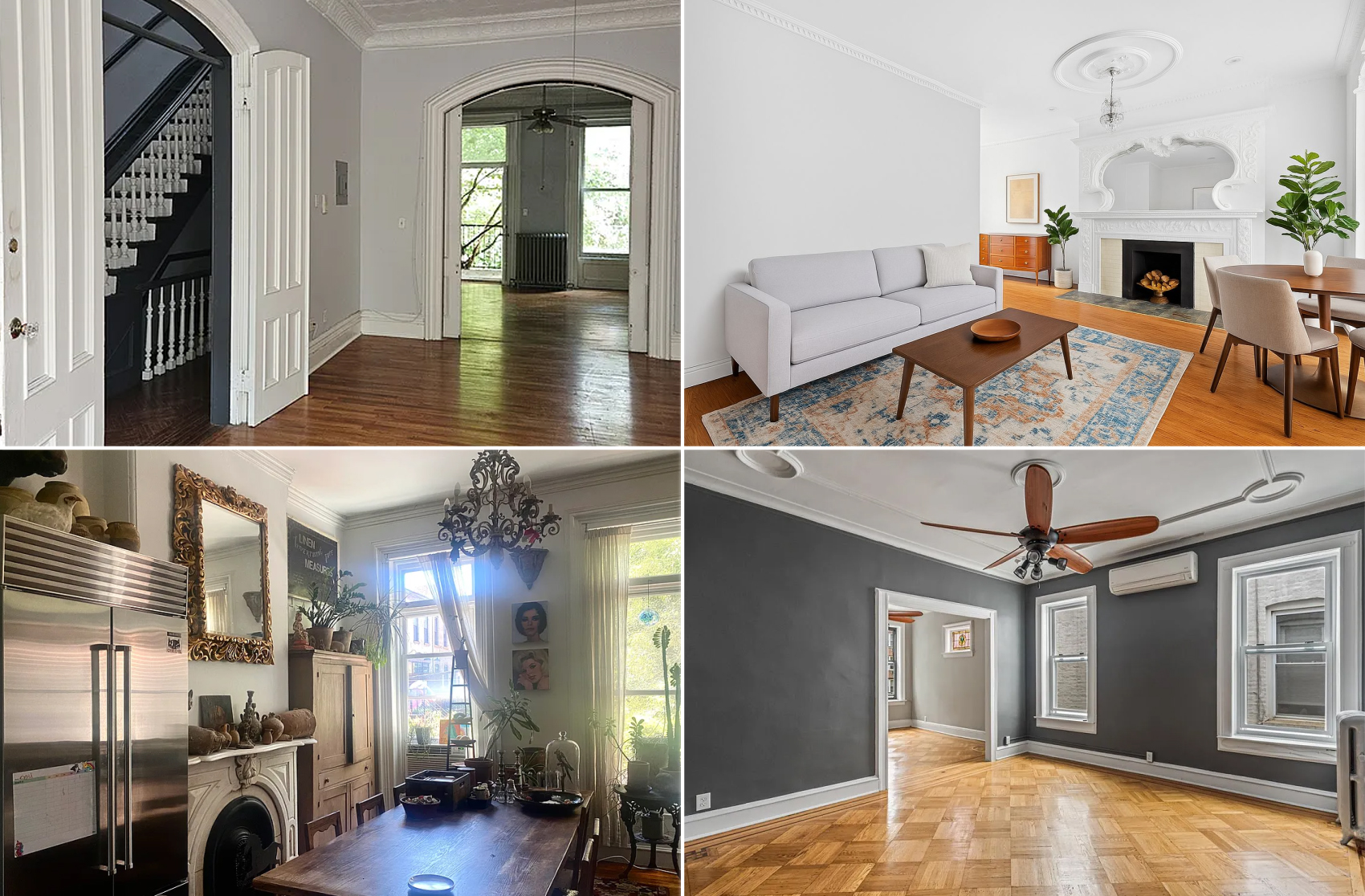Gloom And Doom for RE Outside of NYC
Fortune Magazine is ratcheting up the real estate bubble rhetoric with several stories on the topic: We’re not forecasting a nationwide housing collapse. For one thing, the vast expanse of America between the coasts was never touched by real estate mania and is in no danger of a meltdown. And even some overheated markets -…
Fortune Magazine is ratcheting up the real estate bubble rhetoric with several stories on the topic:
We’re not forecasting a nationwide housing collapse. For one thing, the vast expanse of America between the coasts was never touched by real estate mania and is in no danger of a meltdown. And even some overheated markets – including Manhattan, Los Angeles and California’s Orange County – are still simmering. But things are suddenly looking very chilly indeed in four coastal cities – Boston, Washington, Miami and San Diego – as well as three Western boomtowns: Phoenix, Las Vegas and Sacramento. So far this year, monthly sales have fallen 11 percent to 25 percent in Miami, Boston, northern Virginia and San Diego, according to local housing experts.
This is an interesting back drop for the anecdotal evidence we’ve been hearing that things in Brooklyn have been picking up a bit in recent weeks. Maybe it’s just a seasonal pick-up.
Welcome to the Dead Zone [Fortune]





anon 12:03… go ahead, laugh yourself hoarse.
First, nobody with any sense is planning on selling or mortgaging their house to send junior to Harvard. Second, if my house’s value drops in half tomorrow, I’ve still got a few hundred thou equity on an initial investment of less than 20K 8 years ago. Third, since I’m not going anywhere, decades from now when I kick and the market has gone through several up and down cycles, Junior’s getting an inheritance that your bitter sitting-on-the-sidelines ass can only dream of.
I’m laughing too, all the way to the bank.
“But a house that is currently valued at $650,000 isn’t going to all of a sudden be sold for $500. When the bubble burst in the dot.com era… Yahoo at one point in March of ’00 traded at $200. Then fell to $15 in May of 2002. That’s a bubble bursting! 93% loss of value. Find me a home in half decent shape that’s going to drop 50% in value let alone 93%.”
You are forgetting one thing: someone paid for that yahoo stock with all cash! Someone pays for the house you are selling with 20% cash, but the rest is loaned them by a bank.
If the house drops 10% in value, and the cost of selling it is 6% (and the cost of buying was 4%), this buyer has lost 100%! They wiped out their ENTIRE savings in one season, savings they may have taken 10 years to accumulate. They are then in worse shape than the yahoo stock holder was after the dotcom crash! THAT is a burst bubble.
In some fringe areas I could easily see a house that went for 650 drop to 500. What areas are considered fringe is another discussion.
If I want to buy a house in Brooklyn, and I find a house in Bed-Stuy, and I Buy that house? Does that mean the Bubble has burst? The only thing that’s going to happen is the person I buy that house from, isn’t going to be able to the amount of consumer surplus that he may have gotten a year prior. So ok… you can say good-by to 25%-30% prop. Value increases year over year for a while. But a house that is currently valued at $650,000 isn’t going to all of a sudden be sold for $500. When the bubble burst in the dot.com era… Yahoo at one point in March of ’00 traded at $200. Then fell to $15 in May of 2002. That’s a bubble bursting! 93% loss of value. Find me a home in half decent shape that’s going to drop 50% in value let alone 93%.
We had record numbers with respect to home value appreciation in the last few years. A slow down does not equal a Bubble bursting!!
I think most sellers fail to realize the effect interest rates play on the price of a property. The run-up in prices was largely fueled by low interest rates and the corresponding low monthly payment. The biggest reason why inventory is sitting around now is rising INTEREST RATES. Mortgage rates are a full percentage point higher than they were last year. So despite flat prices and an abundance of properties to choose from, buyers still find themselves shut out of the market.
Unless rates come down soon, the buyers strike will continue. Soon sellers will have no choice but to accept reasonable offers or start reducing prices.
Brokers eagerly told me a few weeks ago (as I was looking at expensive houses) the news that the fed had topped out on interest rates. They know that interest rates control affordability and affordability determines sale price.
Unfortunately this news was not news, just someone misinterpreting the body-language of the new fed chief and now he has all but said to expect more increases. (also the 30 year rate can still rise even while short term rates are stationary or fall).
I don’t think brokers will correct their story, however. Brooklyn is not immune to affordability calculations.
Brownstoner, the Clinton Ave house was on the market for 2 weeks. Considering it went on the market in late September, it must have gone into contract by mid October. The market was different then IMO.
These things that run in the paper are always months and months behind…
ItsAWrap 09:51 AM
If inventory is staying on the market due to the softening and perception of over-pricing, never quite understood why – if someone thinks a house is overpriced , but is interested in the property – they don’t make an offer they think is realistic – vs. waiting for the price to be lowered. If we think that sellers are pricing too high in some areas, we can bring it to a realistic level ourselves.
The issue in housing costs isnt whether Brooklyn is a great place to live or whether it continues to gentrify – it is simply a matter of expectations:
if buyers think that the price may be less tomorrow, they’ll hesitate or wait, if owners think prices may be less tomorrow they’ll list faster and be more flexible on $.
Brooklyn can not and will not exisit on its own – if the rest of the country, region and city are falling, then the same expectations will effect Brooklyn owners and buyers and the prices will fall.